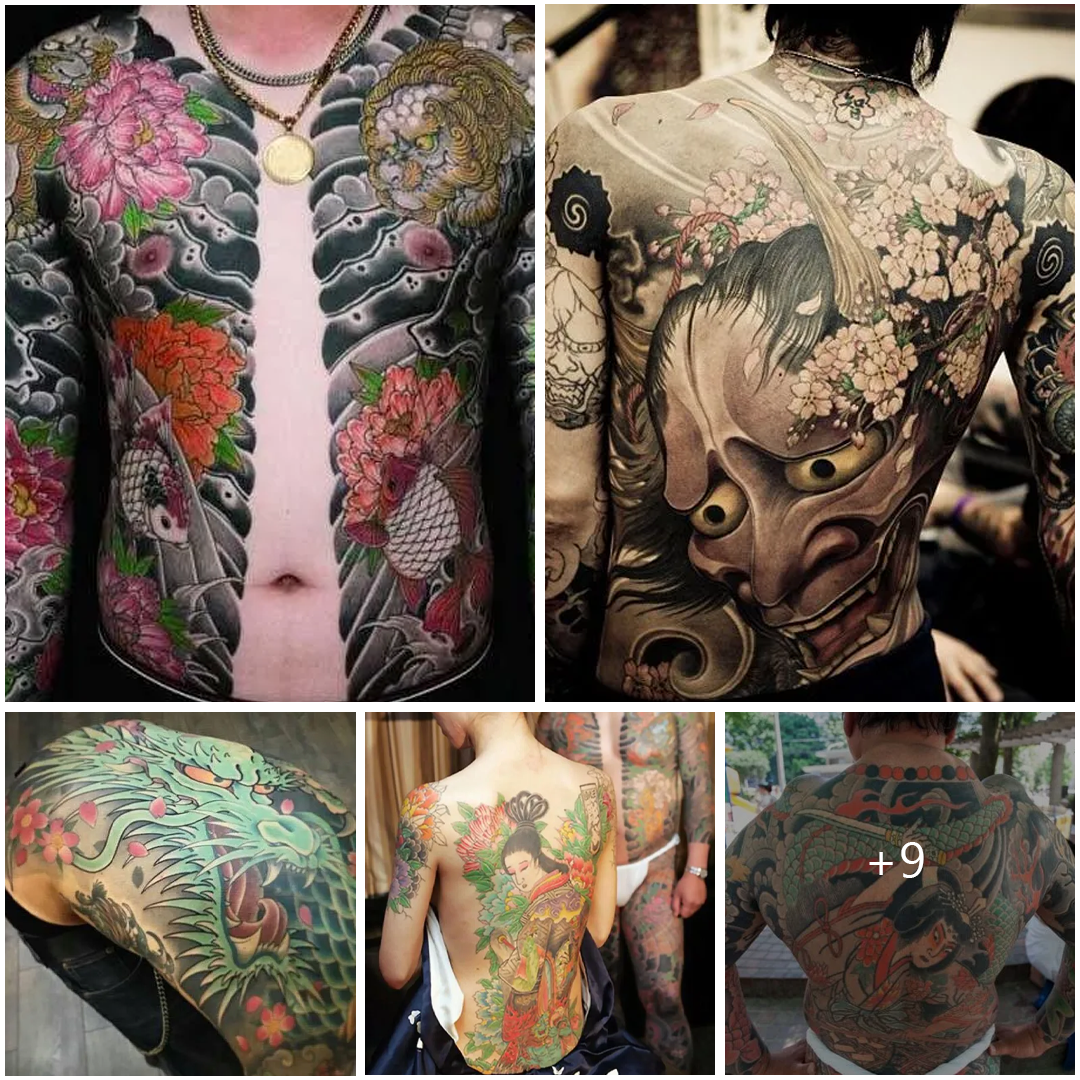
Exploring the Intriguing World of Yakuza Tattoos
In the underworld of Japan’s criminal syndicates, known as the Yakuza, tattoos hold a significant cultural and symbolic meaning. These intricate and often elaborate body art pieces serve as badges of honor, signifying allegiance, status, and a deep-rooted connection to the Yakuza brotherhood. Let’s delve into the fascinating world of Yakuza tattoos and unravel the layers of symbolism behind these enigmatic inkings.
A Symbol of Identity
For members of the Yakuza, tattoos are more than just decorative adornments; they are a fundamental aspect of their identity. Yakuza tattoos, known as irezumi in Japanese, are meticulously crafted over years of dedication and commitment. Each tattoo tells a story, with intricate designs reflecting the individual’s rank within the organization, their personal history, and their allegiance to their Yakuza clan.
The Art of Irezumi
Yakuza tattoos are characterized by their bold, vivid imagery and complex compositions. Traditional irezumi designs often feature motifs drawn from Japanese mythology, folklore, and nature, such as dragons, koi fish, tigers, and cherry blossoms. These symbols carry deep cultural significance and convey messages of strength, resilience, and honor.
A Painful Rite of Passage
The process of obtaining a Yakuza tattoo is not for the faint of heart. Traditionally, irezumi is applied using a hand-poked method, known as tebori, where the tattoo artist meticulously tattoos the design into the skin using a series of needles attached to a wooden or metal handle. This labor-intensive technique results in tattoos with rich colors and intricate detail but also inflicts considerable pain upon the recipient.
Beyond the Surface
While Yakuza tattoos may initially appear as mere expressions of bravado or intimidation, they carry deeper layers of meaning within the secretive world of the Yakuza. Tattoos serve as a form of visual communication, conveying messages of loyalty, devotion, and belonging within the tightly knit Yakuza community. They also serve as a form of protection, with the intricate designs believed to ward off evil spirits and provide spiritual strength in times of adversity.
Challenges and Taboos
Despite their cultural significance, Yakuza tattoos have faced increasing scrutiny and stigma in modern Japanese society. In recent years, strict regulations and social taboos surrounding tattoos have led to discrimination against individuals with visible inkings, particularly in professional and public settings. As a result, many Yakuza members now opt for tattoos in less conspicuous locations to avoid unwanted attention and discrimination.
Preserving Tradition in a Changing World
Despite the challenges and changing attitudes towards tattoos in Japan, the tradition of Yakuza tattoos continues to endure. For members of the Yakuza, irezumi remains an integral part of their identity and heritage, serving as a tangible link to a centuries-old tradition of honor, loyalty, and brotherhood.
In the intricate tapestry of Yakuza culture, tattoos stand as enduring symbols of strength, resilience, and belonging. As we peel back the layers of symbolism and tradition behind these enigmatic inkings, we gain a deeper understanding of the complex world of the Yakuza and the enduring power of tattoo artistry.





